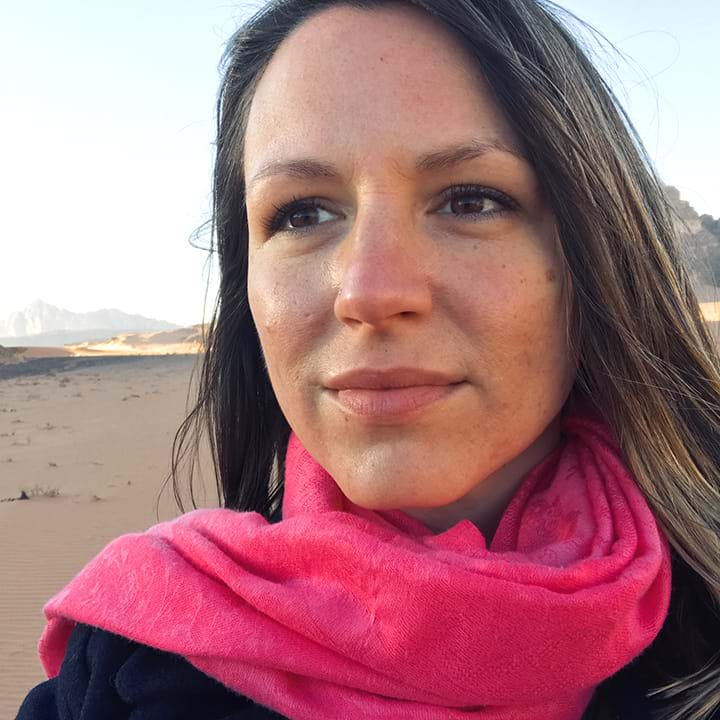Parents may think there is an enhanced level of safety that comes with a private school but that is a misconception.
For some families, private school is the chosen method of ensuring a quality education for their children. And school sexual misconduct doesn’t only involve acts committed by adults. Abuses in private schools can be peer-to-peer, involve female as well as male teachers, can involve peer-driven hazing rituals, and may even occur via social media.
While a disproportionate number of private-school sexual abuse cases have been concentrated in the New England area, similar stories are popping up all over the country.
There are currently more than 300 boarding schools operating in the United States alone. The majority of these are located on the East Coast, particularly in New England and the Mid-Atlantic region. These elite prep schools are thought to give students an advantage at getting into the most prestigious universities, such as Harvard, Yale, and Princeton. While this advantage may be a very real benefit, even wealthy families with a legacy of attending private institutions are reconsidering sending their children to a boarding school.
Laws Protecting Against Sexual Misconduct in Schools
According to a 2017 report funded by the U.S. Department of Justice, approximately 10 percent of all K-12 students will be a victim of sexual misconduct by the time they graduate. This figure accounts for both public and private institutions. The Child Abuse Prevention and Treatment Act of 1974 established mandatory reporting laws and screening processes. A subsequent federal law, known as the Adam Walsh Protection Act of 2006, requires schools to conduct criminal background checks, including sex offender registries, for public and private school employees. However, the main law focused on the prevention of and response to school sexual abuse is Title IX, which prohibits any type of sexual misconduct in all educational institutions—both public and private—that receive federal funding.
What Should Parents Do if They Suspect Abuse?
If you are concerned that your child may be a victim of sexual abuse by a school peer or staff member, there are certain red flags to look for. Some of the most common signs include:
Behavioral changes, including aggression or anger:
- Withdrawal from usual activities
- Depression
- Anxiety
- Frequent school absences
- Reluctance to go to school
- Rebellious behavior
- Self-harm or suicide attempts
If your child is displaying any of these potential warning signs, it is important to start a conversation. But the timing and tone of the conversation is extremely important.
Choose a time when you know your child is comfortable and talk to him/her in a familiar, safe space.
Avoid starting the conversation with a serious tone; keep your demeanor casual and friendly so your child doesn’t feel threatened.
Speak to your child directly, but use words/phrases that are a little vague, such as “Has someone touched you?” Even though the word “touched” can have multiple meanings, your child will likely understand.
Avoid appearing judgmental, and never blame. Keep your cool throughout the entire conversation, even if you uncover difficult information.
If your child has been a victim of private school sexual abuse or misconduct, it is in your best interest to seek legal counsel from an attorney experienced with this highly sensitive type of case. The sexual abuse of children can cause severe emotional trauma, which can lead to long-term mental health issues, including depression and post-traumatic stress disorder (PTSD).
Growing Awareness = More Options
Similar to incidents with the Catholic Church, boarding schools have been notorious for covering up sexual abuse cases. This was especially true decades ago, before social media and the #MeToo movement brought awareness to all forms of sexual misconduct and gave victims a platform.
According to New York City-based attorney Christopher L. Sallay of Queller, Fisher, Washor, Fuchs & Kool and The Law Office of William A. Gallina, LLP, even if the abuse in question happened years ago, you may still have options.
“Before passage of the Child Victims Act, New York State required most survivors of child sexual abuse to file a civil action against their abusers no later than the age of 23. Yet studies have shown that most survivors fail to report or are ill-equipped to come to terms with their abuse by the tender age of 23. As a result, New York Governor Andrew Cuomo signed the Child Victims Act into law on February 14, 2019, extending the time limits to file a lawsuit and reviving dismissed lawsuits under certain circumstances,” said Sallay.
Contact an Experienced Injury Lawyer Today
Even so, the statute of limitations may mean the clock is ticking. This is why it is so important to consult with an attorney if you or someone you love has been the victim of sexual abuse. It is equally important that you find an attorney with experience in these matters.
“Not only should your attorney have the legal knowledge to navigate these claims, he/she must have the sensitivity and empathy to understand and explain the severe trauma that a victim has experienced and continues to experience their entire life,” said Sallay. “Children who were survivors of sexual abuse often face lifelong challenges with guilt, depression, isolation, and anxiety. They are at increased risk for mental health issues, substance abuse, and suicide. Many times, the act of coming forward re-opens years of concealed trauma and horrific memories triggering further psychological and other injuries for the victim. An attorney who represents victims of sexual abuse must be prepared to discuss these issues with the victim and assure them that their interests are being protected while justice is sought.”
 By Amy Carst,
By Amy Carst, 

